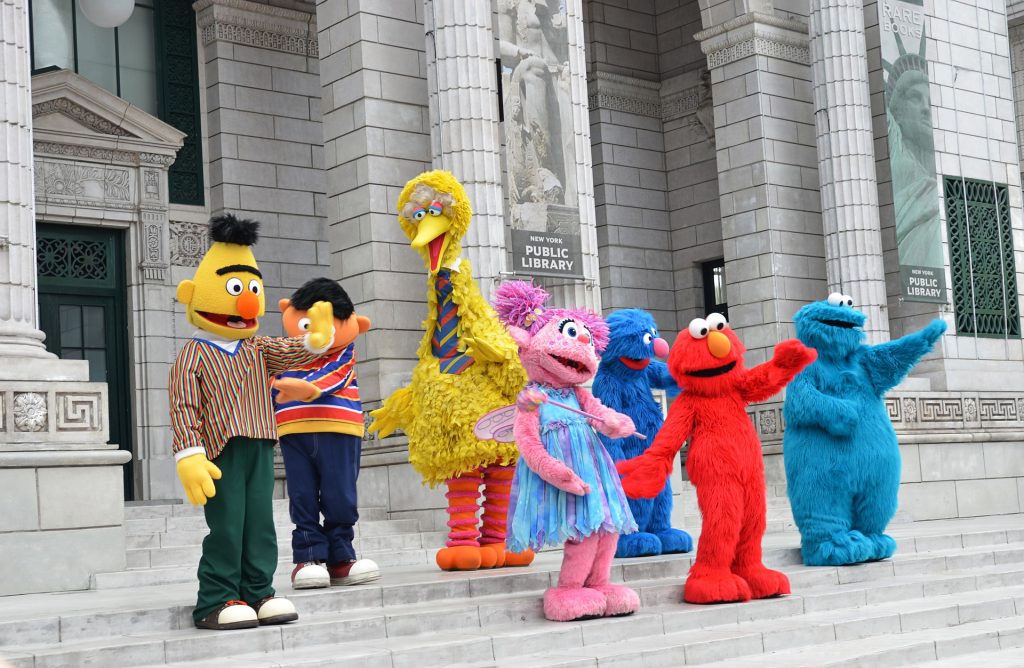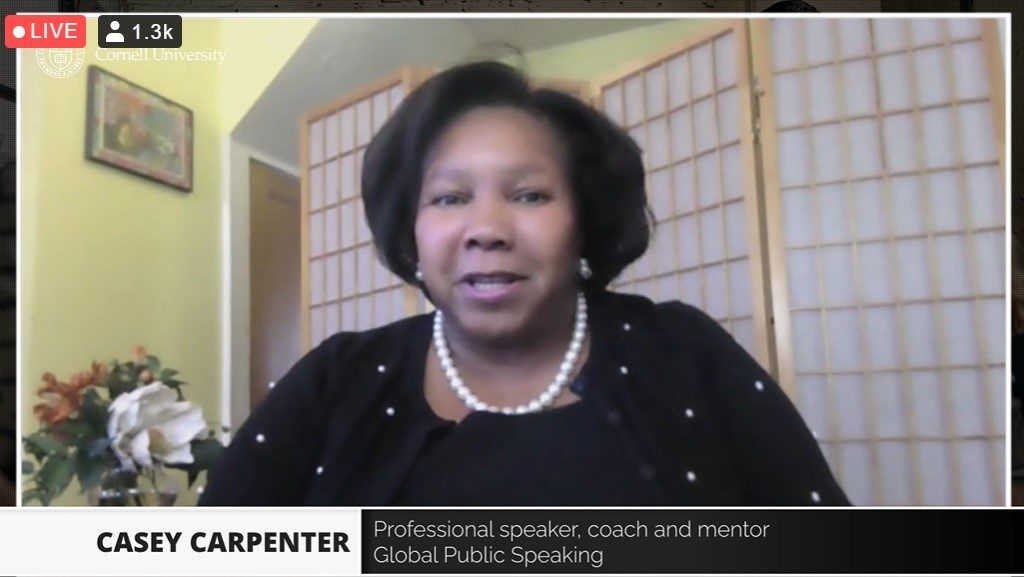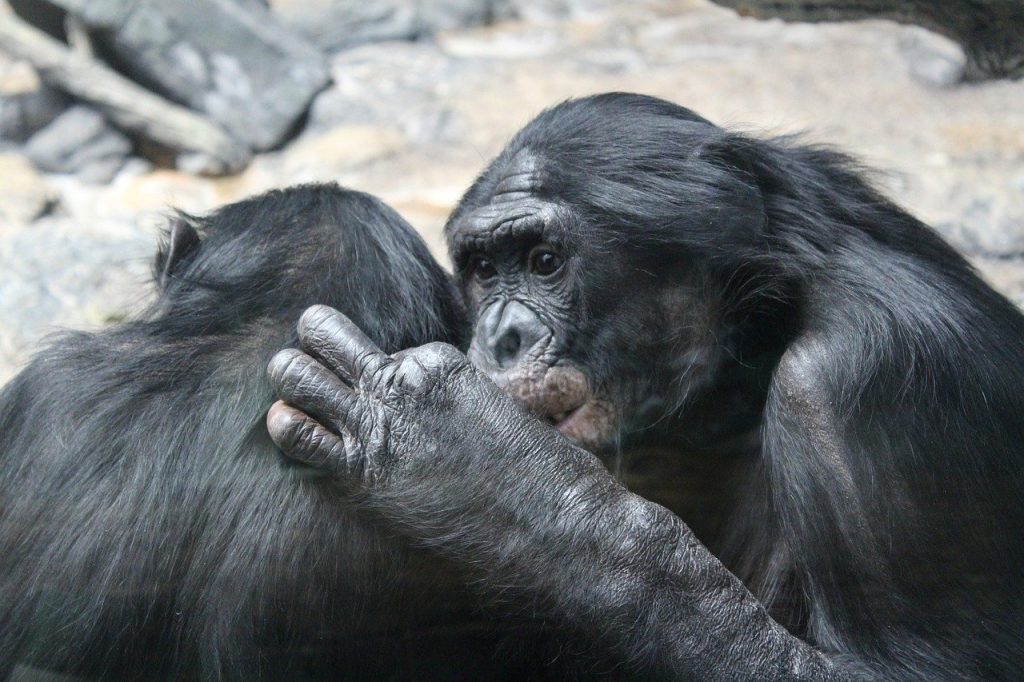
There have long been claims that women’s and men’s brains were different. leading to differences in personalities and abilities. While men’s brains overall brain size is a little over 10% larger than women’s, no specific brain areas are disproportionately larger between the sexes. In fact, brains are proportional to body size and when properly controlled, no individual brain region varies by more than about 1% between men and women.
Why does this matter? Have you ever heard,”women aren’t as good at math”? Or, “women are natural caregivers”. Or, “men are better with tools”? Turns out that there are no data to support those statements. In fact, according to this article from The Conversation, each brain is a “mosaic of circuits that control the many dimensions of masculinity and femininity, such as emotional expressiveness, interpersonal style, verbal and analytic reasoning, sexuality and gender identity itself.”
There is certainly more work to be done – but untangling some of these long-held beliefs is a great place to begin.




